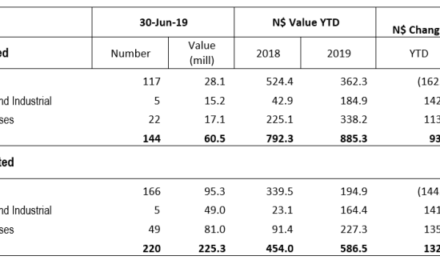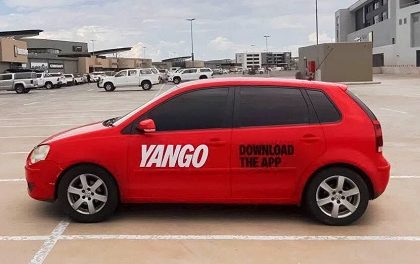
Not all microloans are loansharking

Jerome Mutumba
In response to the growing needs of the majority of the citizens with no access to finance, the Development Bank of Namibia (DBN) deemed it appropriate to come up with an apex microfinance product to bridge that financing gap in the economy. The product is designed for micro-lenders with clear intent for on-lending to clients with developmental needs, not those who simply require finance for consumption.
The loans to be extended should clearly be life changing, such as lifecycle needs, personal emergencies such as sickness, and recovery from emergencies such as drought and flooding, but in most instances they should be offered for enterprise start-ups and bridging finance.
The development of microlending as a subsector of the Namibian financial sector is to be expected as a natural step in the evolution of local finance and the DBN wants to play its pivotal role in that regard. This is supported not only by demand, but also by the fact that the administrative barrier to access finance can be lifted. Micro-financing institutions that DBN will work with shall be registered and regulated by the authorized body, to ensure that clients’ interest and rights are not abused.
This offers comfort to DBN, an institution that promotes responsible lending and borrowing in the economy. Aspects such as microenterprise finance, education and home building point to the fact that microfinance can have a very beneficial development impact. This is compounded by the fact that microloans are provided rapidly, so the impact can be faster. In order to address the various challenges, the Development Bank of Namibia has implemented an apex microfinance facility to provide bulk capital to existing microlenders who can achieve developmentally beneficial results. The Bank therefore encourages clients and potential clients to come forth and make use of the product in order to extend the benefits to the broader populace. In the case of DBN, apex microfinance is provided to microlenders who demonstrate the ability to reach segments of the market that have previously been excluded, in the medium to long term. A suitable match to the developmental mandate of the Bank is a natural prerequisite. The Bank also requires that the recipient of apex microfinance be under supervision of a regulatory authority or body.
Since the creation of this facility, DBN has developed a track record of successfully providing microfinance to developmentally beneficial microlenders, notably to support teacher development. Development is challenged by a multitude of needs which make the operational burden difficult, however with facilities such as an apex microfinance facility, willing and excellent partners, and sound administration of the facility, the needs of many can be satisfied.
To improve access to finance for micro borrowers and those unable to meet the DBN minimum loan threshold, the Bank is ready to work together with reputable micro-lenders to reach out to this segment of our entrepreneurs.











































